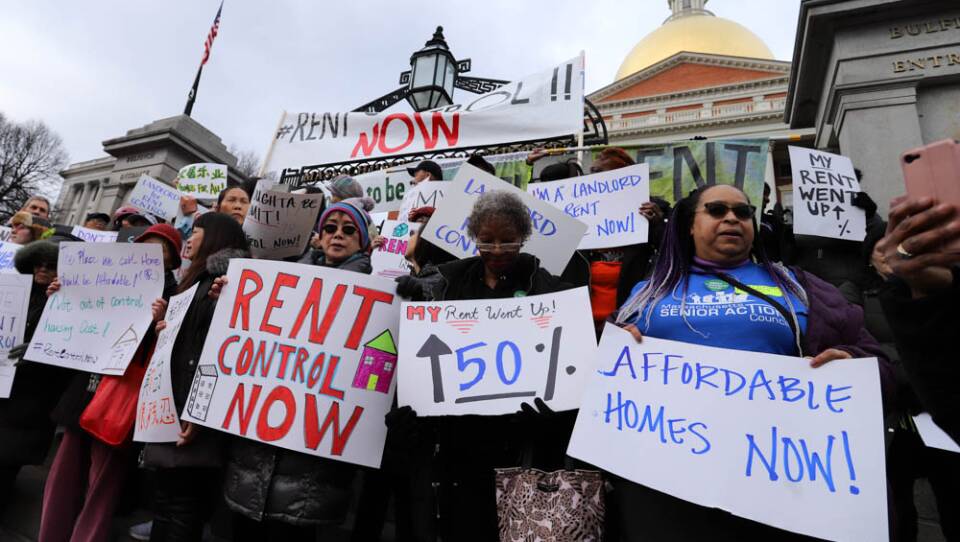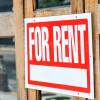Renters in several Massachusetts communities are paying hundreds of dollars more each month than they did last year.
Median rents for one-bedroom apartments in Melrose, Cambridge, Waltham and Framingham are up by at least 30 percent compared to last year, with average increases ranging from $550 to $650 more each month, according to a report released last week by the rental listing website Zumper. Boston wasn't far behind with a 27 percent increase in median one-bedroom rents. And of the 17 communities highlighted in the report, only one — Lawrence — saw a decrease in median rents.
Housing advocates said these figures are a clear indicator of the ongoing housing crisis.
“The report puts numbers to what everyone has been feeling,” said Rachel Heller, chief executive officer of the Citizens’ Housing and Planning Association. “Rent and home prices are rising far faster than incomes, and people across income levels are struggling.”
The rising prices are being fueled by a shortage of available housing, advocates said. Another apartment listing website, BostonPads, currently reports vacancy rates of below 1 percent in the Greater Boston area.
“People want to live here, and we may not have produced enough housing to actually accommodate that need,” said Tom Hopper, director of research and analytics for the Massachusetts Housing Partnership.
Doug Quatrrochi, executive director of MassLandlords, pointed out that the Zumper report may not tell the whole story. For example, BostonPads shows that rents for one-bedroom units are still below levels reported in 2019 and early 2020.
Still, Quatrrochi acknowledges that rent has been going up, and fewer people can afford to live in the Boston area. And that’s a problem — even for landlords — he said.
“You would think that rents are high, landlords are happy,” Quattrochi said. “We’re not happy. Something has to give here. We have not created anywhere near enough housing in Massachusetts.”
Heller, Hopper and Quattrochi all agree the solution is increasing the housing supply. But that will take zoning changes, like the state’s new MBTA Communities law that would require multi-family zoning near transit in 175 communities.
They also call for other ongoing supports, including rental assistance. Gov. Charlie Baker's administration announced its federally funded pandemic rental assistance program will end this month. The program has granted more than $400 million in rental assistance since last March.
“Building housing alone isn’t going to do it,” Heller said.







